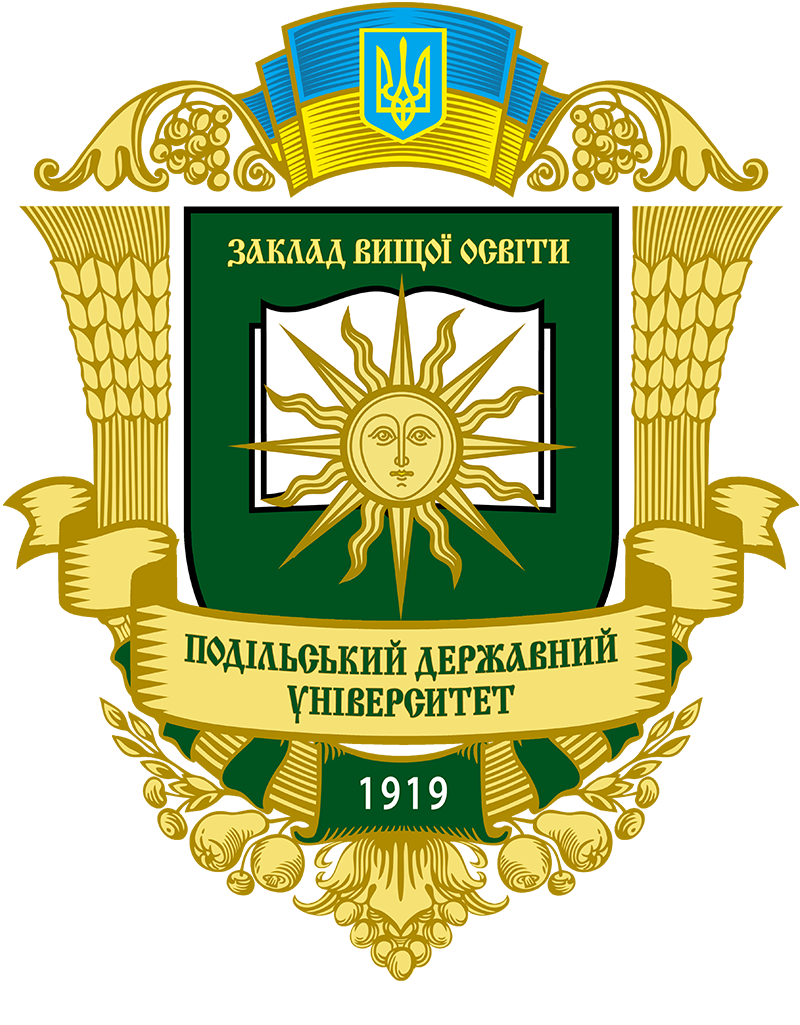THE ROLE OF ‘SOFT SKILLS’ IN THE DEVELOPMENT OF PROFESSIONAL ORIENTATION AND COMPETENCE OF HIGHER EDUCATION STUDENTS
DOI:
https://doi.org/10.37406/2521-6449/2024-2-3Keywords:
‘soft skills’, “hard skills”, higher education students, competence, professional competence, professional orientationAbstract
The article is devoted to the study of the theoretical aspects of the role of ‘soft skills’ in the development of professional orientation and competence of higher education students. It has been found that training a qualified and competitive specialist in a higher education institution requires not only mastering the necessary amount of educational information, but also developing the ability to act effectively in complex life and future professional situations. The article identifies the following types of skills of specialists in the professional environment: ‘hard skills’ or “hard skills” (professional knowledge and skills) and “soft skills” or “soft skills” (organisational, communication, managerial, leadership, etc.). The authors of the article analyse the opinions of scholars on the need to develop ‘soft skills’ of higher education students as an objective requirement of the modern labour market. It is found that the presence of highly developed ‘soft skills’ forms the professional orientation and competence of a future specialist, which not only reflects the degree of his qualification, but also indicates the actualisation of his personal resources in professional activities. The article considers the role of ‘soft skills’ in the development of competence of higher education students as their ability to successfully socialise, learn, and carry out professional activities, which arises on the basis of a dynamic combination of knowledge, skills, abilities, ways of thinking, views, values, and other personal qualities. Based on the results of a survey of students, the authors of the article reveal a low level of awareness of students about ‘soft skills’ and their role in shaping the competence of future professionals. It has been found that most students have fragmentary knowledge of such concepts as ‘competence’, ‘competence’, ‘competence model’, and define their level of competence as sufficient or satisfactory.
References
Бородіна Н. А., Чеберячко С. І., Шевчук Н. А. Формування навичок soft skills та принципів академічної доброчесності у здобувачів вищої освіти при викладанні дисциплін зі спеціальності «цивільна безпека». Вісті Донецького гірничого інституту. 2020. № 2 (47). С. 206–214.
Длугунович Н. А. Soft skills як необхідна складова підготовки ІТ-фахівців. Вісник Хмельницького національного університету. 2014. № 6. С. 239–242.
Коляда Н., Кравченко О. Практичний досвід формування «Soft skills» в умовах закладу вищої освіти. Актуальні питання гуманітарних наук. 2020. Вип. 27. Т. 3. С. 137–145.
Паславська І. Розвиток у студентів «soft skills» у процесі вивчення іноземної мови як необхідний компонент конкурентоспроможності майбутніх фахівців. Вісник ЛНУ імені Тараса Шевченка. 2020. № 3 (334). С. 196–204.
Повстин О. В., Козяр М. М. Значення «soft skills» у формуванні управлінської компетентності фахівців у галузі безпеки людини. Вісник Львівського державного університету безпеки життєдіяльності. 2019. № 20. С. 122–127.
Про вищу освіту : Закон України від 16.08.2024 р. № 1556-VII. Відомості Верховної Ради України. URL : http://zakon5.rada.gov.ua/laws/show/1556-18 (дата звернення: 19.09.2024).
Скиба М. Є., Коханко О. М. Теорія і практика професійно-орієнтаційної роботи з молоддю : навчальний посібник. Хмельницький : ХНУ, 2007. 322 с.
Тушак А. В. Здобуття «soft skills» студентами у ЗВО як один із найвагоміших внесків у майбутню кар’єру. Підприємницька модель економіки та управління розвитком підприємства : тези II Міжнар. наук.-практ. конф., м. Житомир, 6–8 листопада 2019 р. Житомир, 2019. С. 434–437.
Шапар В. Б. Сучасний тлумачний психологічний словник. Харків : Прапор, 2005. 640 с.
Kalauz M., Hudec G., Kirinic V. Soft skills perception among students: importance and performance. Central European Conference on Information and Intelligent Systems. 2015. P. 89–95.
Vasylenko O., Afanasenko V., Petyak O., Rudenok A., Sheleh T., Komar T. Dynamics of Future Psychologists’ Soft Skills Development During their Study at the Higher Education Institution. Revista Românească pentru Educaţie Multidimensională. 2022. Volume 14. Issue 3. P. 139–163.








